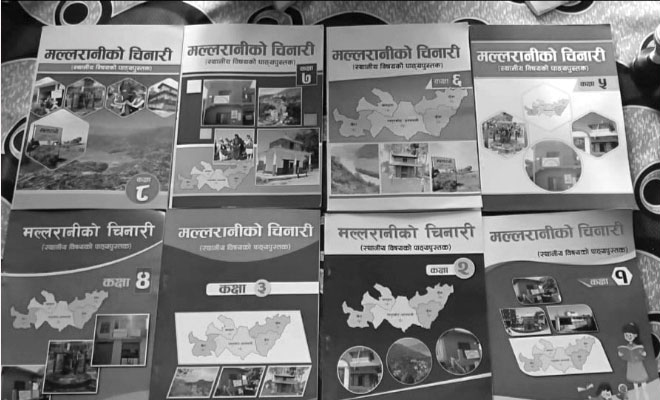
Tailoring Education to Local Needs: The Rise of Local Curriculum in Pyuthan’s Rural Municipalities
In a significant shift towards embracing local knowledge and cultural heritage, the Mallarani Rural Municipality of Pyuthan has rolled out a local curriculum. This marks a landmark in education policy, demonstrating a dedicated effort to consider the unique facets of the local community in shaping young minds.
Why a Local Curriculum?
The initiative stems from a realization that a one-size-fits-all approach to education is not sufficient. Thakur Acharya, Head of the Education Branch in Mallarani Rural Municipality, emphasized the shortcomings of the central government's curriculum in meeting the specific needs of local communities. The new curriculum aims to encapsulate various aspects such as:
- Local Geography and History
- Social, Political, and Educational Conditions
- Economic Activities and Employment
- Local Skills and Technology
- Natural Resources
- Cultural Heritage, Art, and Language
- Local Development and Infrastructure
- Disaster Management and Security
The Reach and Impact
As of now, this tailored curriculum is being taught in 23 community schools and one institutional school within Mallarani Rural Municipality. It spans classes 1 to 8, ensuring that foundational education is deeply rooted in local knowledge.
Similar Initiatives in Other Rural Municipalities
This localized approach to education is not limited to Mallarani alone. Tulsi Karki, Head of Education Branch at Mandvi Rural Municipality, reported that they have also been working on a local curriculum since 2079. There are also efforts underway in Naubahini, Sarumarani, Gaumukhi, and Airawati rural municipalities. This shows that the move towards localized curriculum is gaining traction across various rural settings.
Future Prospects
While the textbooks for classes 1 to 4 are in the printing phase, those for classes 5 to 8 are under development. The ultimate goal is to implement this curriculum across all schools within the municipality, to promote a well-rounded education that is both globally informed and locally grounded.
By focusing on local curricula, Pyuthan's rural municipalities are setting a new standard for educational best practices. Such localized educational content not only enriches the learning experience but also instills a sense of pride and identity among young learners. The integration of local knowledge into the educational system has the potential to create more engaged, well-informed, and culturally-aware citizens.
With this forward-looking initiative, the municipalities are acknowledging that education is not just about universal truths and skills, but also about understanding the value of local wisdom. This is certainly a noteworthy step towards building a more inclusive and contextual educational framework.
Pyuthan




